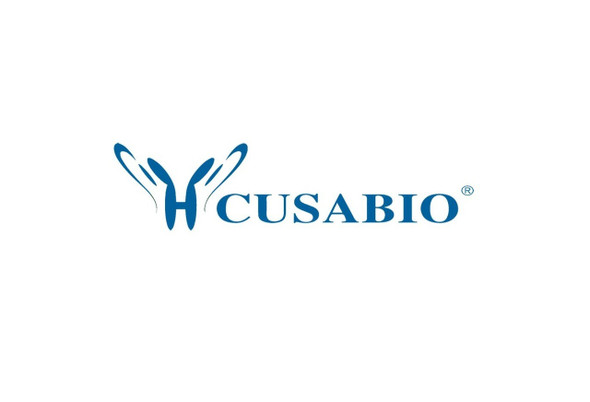Cusabio Polyclonal Antibodies
ELOVL1 Antibody, FITC conjugated | CSB-PA887138LC01HU
- SKU:
- CSB-PA887138LC01HU
- Availability:
- 3 to 7 Working Days
Description
ELOVL1 Antibody, FITC conjugated | CSB-PA887138LC01HU | Cusabio
ELOVL1 Antibody, FITC conjugated is Available at Gentaur Genprice with the fastest delivery.
Online Order Payment is possible or send quotation to info@gentaur.com.
Product Type: Polyclonal Antibody
Target Names: ELOVL1
Aliases: Elongation of very long chain fatty acids protein 1 (EC 2.3.1.199) (3-keto acyl-CoA synthase ELOVL1) (ELOVL fatty acid elongase 1) (ELOVL FA elongase 1) (Very long chain 3-ketoacyl-CoA synthase 1) (Very long chain 3-oxoacyl-CoA synthase 1), ELOVL1, SSC1
Background: Catalyzes the first and rate-limiting reaction of the four that constitute the long-chain fatty acids elongation cycle. This endoplasmic reticulum-bound enzymatic process, allows the addition of 2 carbons to the chain of long- and very long-chain fatty acids/VLCFAs per cycle. Condensing enzyme that exhibits activity toward saturated C18 to C26 acyl-CoA substrates, with the highest activity towards C22:0 acyl-CoA. May participate to the production of both saturated and monounsaturated VLCFAs of different chain lengths that are involved in multiple biological processes as precursors of membrane lipids and lipid mediators. Important for saturated C24:0 and monounsaturated C24:1 sphingolipid synthesis. Indirectly inhibits RPE65 via production of VLCFAs.
Isotype: IgG
Conjugate: FITC
Clonality: Polyclonal
Uniport ID: Q9BW60
Host Species: Rabbit
Species Reactivity: Human
Immunogen: Recombinant Human Elongation of very long chain fatty acids protein 1 protein (82-175AA)
Immunogen Species: Human
Applications: ELISA
Tested Applications: ELISA
Purification Method: >95%, Protein G purified
Dilution Ratio1:
Dilution Ratio2:
Dilution Ratio3:
Dilution Ratio4:
Dilution Ratio5:
Dilution Ratio6:
Buffer: Preservative: 0.03% Proclin 300
Constituents: 50% Glycerol, 0.01M PBS, PH 7.4
Form: Liquid
Storage: Upon receipt, store at -20°C or -80°C. Avoid repeated freeze.
Initial Research Areas: Cardiovascular
Research Areas: Cancer;Cardiovascular;Metabolism;Signal transduction






